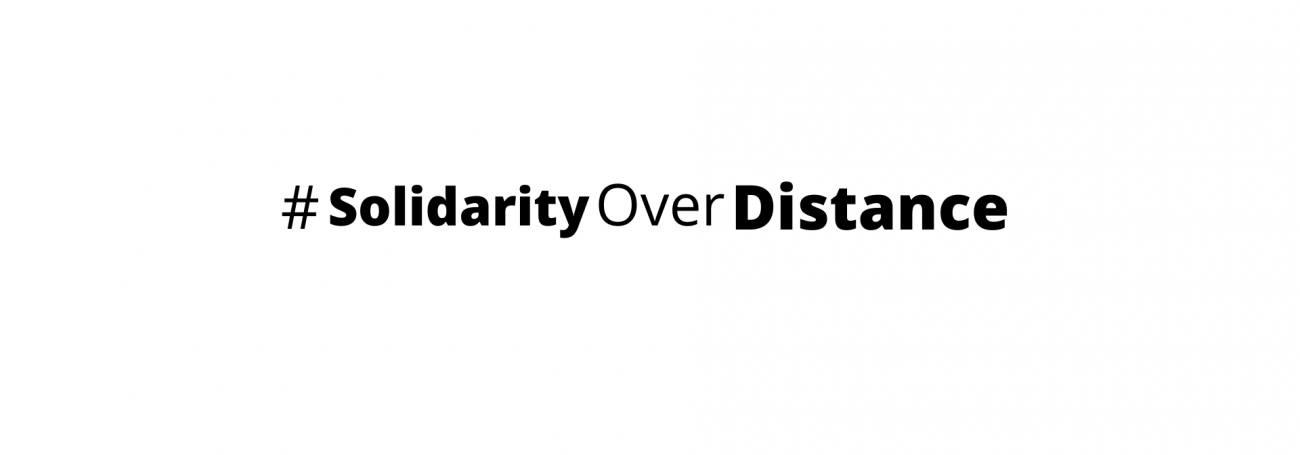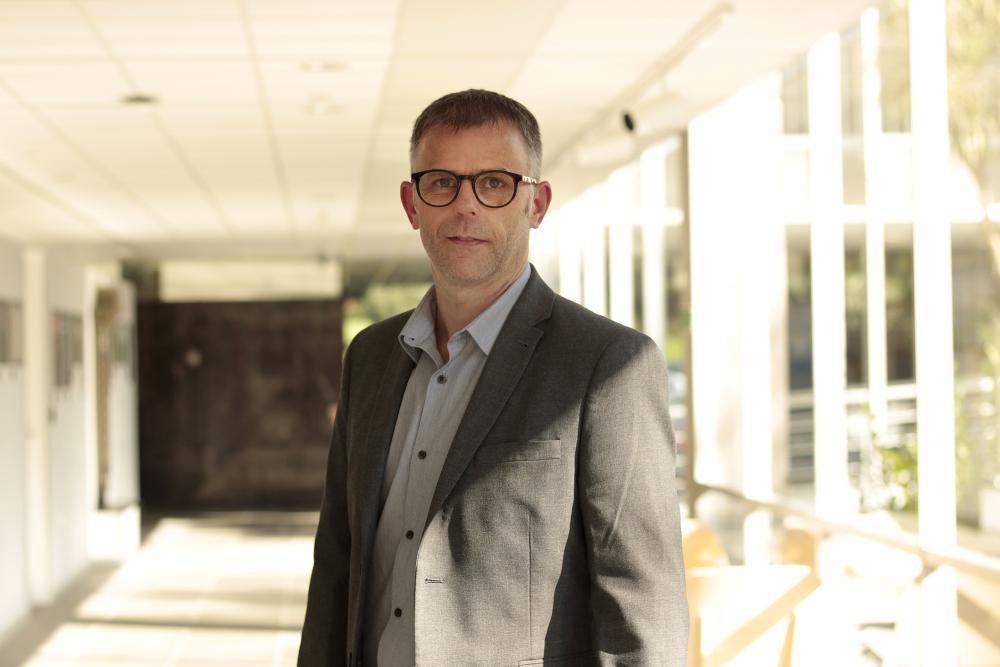Are there currently ongoing cases?
There are some cases which are being continued, however, these are mainly indirect restorative processes. Many providers are continuing with the preparation of services users, where this is possible and appropriate. Some continue to accept new referrals, although contact is made by other means. At this time, we are unaware of any direct restorative meetings taking place, most services are waiting on further Government advice in relation to the reduction of our our lockdown measures.
Many organisations are adapting to work in a virtual world however, this is dependent on the complexity and taking into account the restrictions of Covid-19. We are gradually collating a range of examples how practitioners are adapting and are encouraged by creativity of organisations in continuing to the meet the needs of their participants.
What do you think, can restorative practices still be useful to cope with distress now?
Not only do we feel that restorative practices can be useful in managing conflicts and distress now, it has the potential of being an integral part of rebuilding communities post Covid-19. It will provide opportunities for those who have experienced distress, loss and harm, to have a safe platform to start the process of healing. We are developing a network of trained and experienced practitioners to start to plan our long-term response to the current crisis.
Do you think we can gain anything by this unprecedented situation?
The current situation provides us with a unique opportunity to better understand the societal impact of Covid-19. From a restorative justice perspective, it restructures our understanding of harm. It is inevitable that individuals and communities will face unprecedented distress, uncertainty and harm throughout this crisis; from the frontline staff to those who have suffered bereavement. Restorative justice offers a platform to acknowledge impact, have an opportunity to ask questions and, where needed, repair and build relationships through a supportive, cohesive and collective restorative response.




